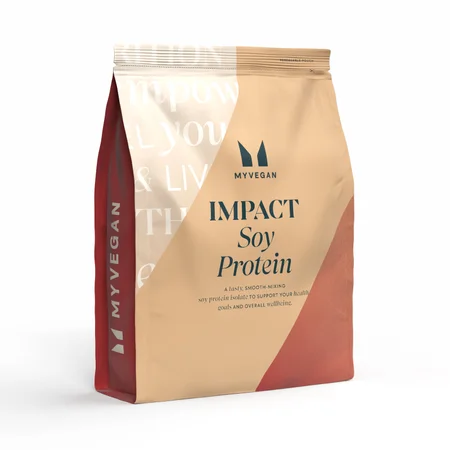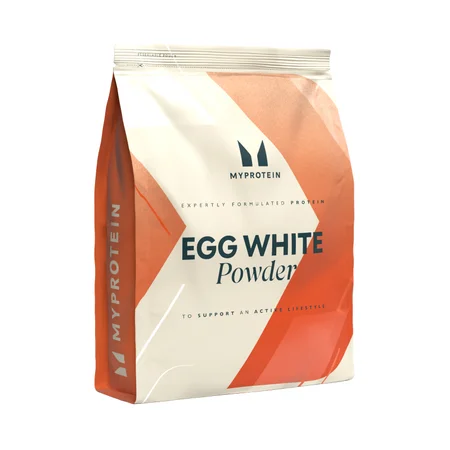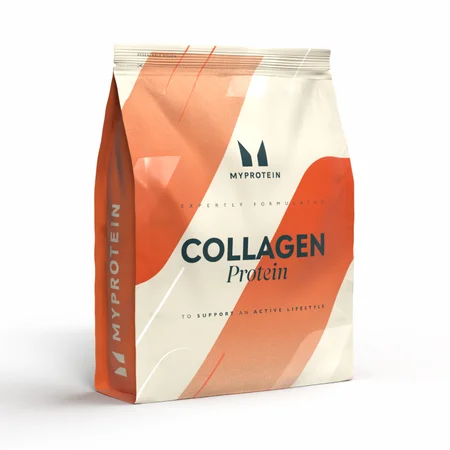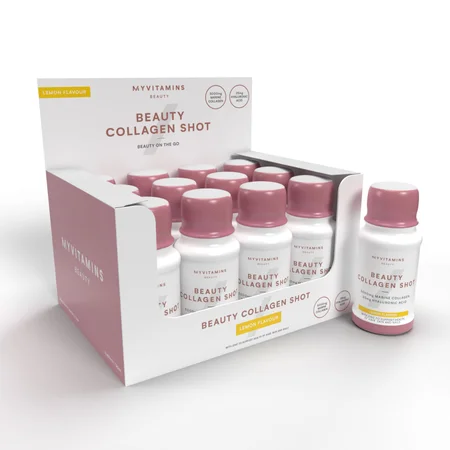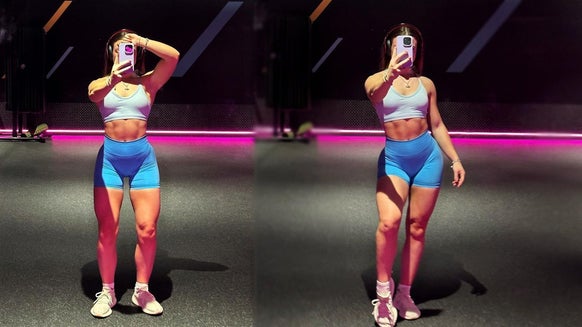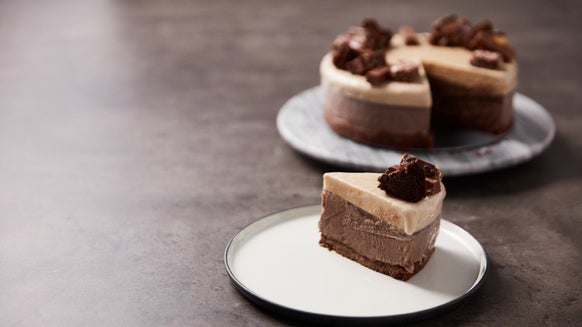Improve Skin Health With Collagen, The Mystery Supplement

Collagen is probably one of the biggest names in the supplement world. It's up there with omega-3 and creatine, but despite this status, it’s still a bit unknown quantity.
Once again, nutritionist and nutrition researcher Richie Kirwan is on hand to help iron out the wrinkles, telling us what the science says — and doesn’t say — about collagen supplements.
What is it?
Collagen, believe it or not, is actually the most common protein in our bodies. This is because it’s a structural protein, and can be found in skin, nails, tissue and bones. But before you get too excited, it needs pointing out that collagen has next to no benefits for building muscle.
But how can a protein not work to help build muscle? Well, collagen isn’t a complete protein source, meaning it doesn’t contain all the essential amino acids needed by the human body. In this case, tryptophan
On top of that, it’s pretty much useless at stimulating muscle protein synthesis, or MPS for those in the know. This is the process for the growth and repair of muscle tissue.
If you’re looking for a product to help with that, you’re better off trying these...
Even though it plays no role in MPS, that doesn’t mean that it’s useless. In fact, it’s essential, and vital for healthy skin, tissues, nails and bones.
And there’s also some bad news for vegans. Collagen only comes from animal sources — it's extracted from bones and connective tissues and formulated into supplements. There are currently few widely available options for vegan collagen. Some options attempt to replicate the amino acid profile and other nutrients thought to be necessary to produce collagen, but this won’t have the same benefits as taking actual collagen itself.
What is collagen used for?
Just because your supplements don’t directly help you to build muscle it doesn’t mean you need to boycott them.
There are a number of studies that show collagen may be useful for reducing joint pain.
But why exactly is a bit of a mystery — there seem to be some benefits that science can’t explain, leaving researchers somewhat out of joint.
There are no known reasons why collagen should help to reduce perceived joint pain or improve skin elasticity and reduce the appearance of wrinkles, but there does seem to be some connection.
Should you use it?
It depends on your goal. If you’re looking to build muscle, then absolutely not. There are far more useful products you can use.
But if you have joint pain or want to improve the look of your skin, you could try it out for a few months and see if it helps.
Take home message
Collagen’s a bit of a mystery, but if you think it works for you, it’s no harm. To recap, it makes no contribution to muscle growth and repair, but it does seem to work for skin health and reducing joint pain. It’s just the reasons why may have researchers scratching their heads for some time yet — let’s hope they have strong, healthy nails.
READ MORE HERE:

'Mentally I Feel Incredible' | PT Reviews Impact Of Yoga
She couldn't love it more!
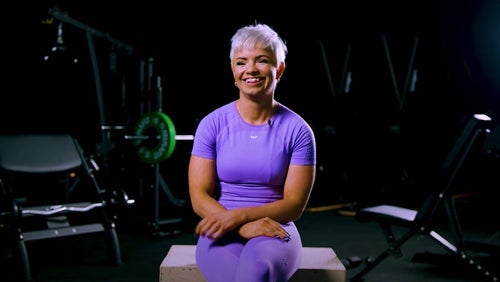
#Ownyourspace | PT Reveals How To Feel Empowered In The Gym
"No one is entitled to be in there more than you"

'Catastrophic Harm To Health' Posed By Climate Change, Experts Warn
According to the study, climate change can even damage your lungs.

